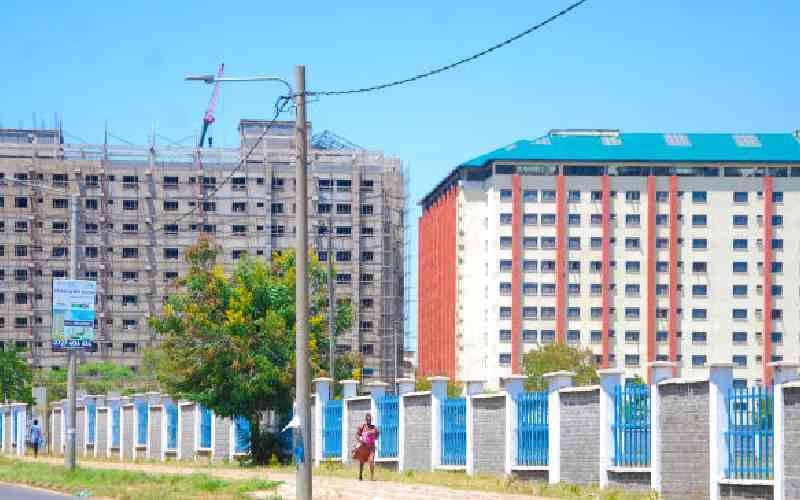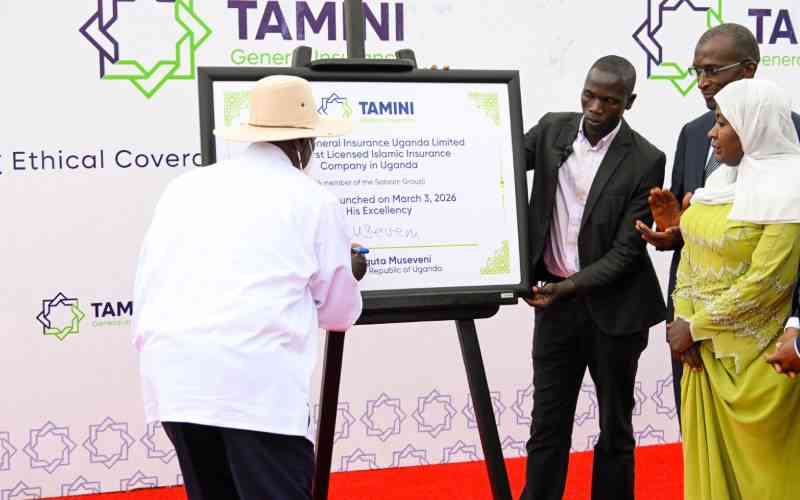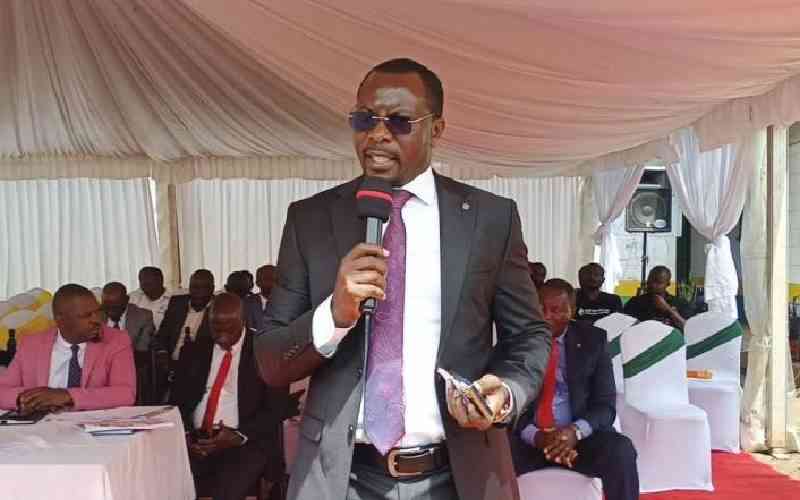×
The Standard e-Paper
Kenya’s Boldest Voice

The number of people breaking their backs in small farms in rural Africa for meagre yield is huge. These farmers with barely 2 acres each, however, produce up to 80 per cent of the continent's food, according to the Food and Agriculture Organisation (FAO). This is despite limited access to resources, capital, and decision-making platforms.







